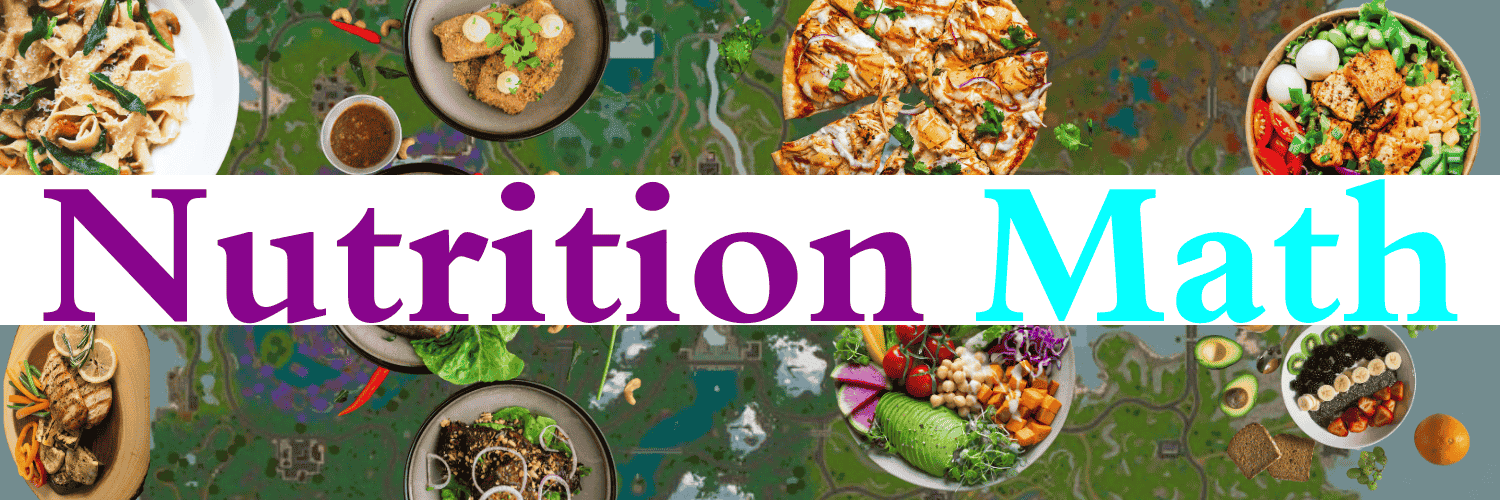Sugar is a ubiquitous part of our modern diets, found in everything from breakfast cereals to beverages and even in seemingly “healthy” snacks. While it provides a quick burst of energy, understanding the broader impact of sugar on your body is crucial for maintaining good health. Let’s delve into the science behind sugar and its effects on your well-being.
Understanding Sugar
Sugar is a type of carbohydrate that comes in various forms, including glucose, fructose, and sucrose. Glucose is the primary source of energy for our cells, while fructose is found naturally in fruits and sucrose is common table sugar. Natural sugars are found in whole foods like fruits and dairy products, whereas added sugars are introduced during processing to enhance flavor and extend shelf life.
Sugar Metabolism
When you consume sugar, your body breaks it down into glucose, which is then absorbed into the bloodstream. This triggers the pancreas to release insulin, a hormone that helps cells absorb glucose for energy. The glycemic index (GI) measures how quickly different foods raise blood sugar levels. Foods with a high GI cause a rapid spike in blood sugar, followed by a crash, while low GI foods provide a steadier release of energy.
Glycemic Index (GI) of Common Foods
| Food Category | Food Item | Glycemic Index (GI) |
|---|---|---|
| Fruits | Apple | 38 |
| Fruits | Banana | 51 |
| Fruits | Watermelon | 72 |
| Vegetables | Carrots | 47 |
| Vegetables | Potatoes | 78 |
| Grains | White Bread | 75 |
| Grains | Brown Rice | 50 |
| Grains | Oats | 55 |
| Dairy | Milk | 31 |
| Dairy | Yogurt | 33 |
| Sweets | Table Sugar | 65 |
| Sweets | Honey | 55 |
| Sweets | Ice Cream | 57 |
Short-Term Effects of Sugar
In the short term, sugar consumption can lead to a quick energy boost, often followed by a crash as blood sugar levels drop. This fluctuation can affect your mood, leading to feelings of fatigue and irritability. High sugar intake can also impair cognitive function, making it harder to concentrate and think clearly.
Long-Term Health Impacts
- Weight Gain and Obesity: Excessive sugar consumption contributes to weight gain and obesity. Sugary foods are often high in calories but low in nutrients, leading to overconsumption and weight gain over time.
- Type 2 Diabetes: Consistently high blood sugar levels can lead to insulin resistance, where cells become less responsive to insulin. This increases the risk of developing type 2 diabetes, a condition characterized by high blood sugar levels and insulin dysfunction.
- Heart Disease: High sugar intake is linked to an increased risk of heart disease. Excess sugar can raise blood pressure, increase triglyceride levels, and promote inflammation, all of which are risk factors for heart disease.
- Inflammation: Chronic inflammation is a key factor in many diseases, including heart disease, arthritis, and certain cancers. High sugar consumption can contribute to inflammation by increasing the production of pro-inflammatory molecules in the body.
- Dental Health: Sugar is a primary cause of tooth decay. Bacteria in the mouth feed on sugar, producing acids that erode tooth enamel and lead to cavities.
Hidden Sugars
Many processed foods contain hidden sugars, even those marketed as “healthy.” Common culprits include flavored yogurts, granola bars, sauces, and dressings. Reading food labels carefully can help you identify and avoid these hidden sugars.
Sugar and the Brain
Sugar affects the brain in several ways. It can activate the brain’s reward system, leading to addiction-like behaviors and cravings. High sugar intake has also been linked to cognitive decline and an increased risk of depression and anxiety.
Sugar Alternatives
For those looking to reduce their sugar intake, there are several natural and artificial sugar alternatives available. Natural options like stevia and erythritol are low in calories and have a minimal impact on blood sugar levels. Artificial sweeteners like aspartame and sucralose are also low in calories but may have potential health risks.
Reducing Sugar Intake
Reducing sugar intake can have significant health benefits. Here are some practical tips:
- Read Food Labels: Pay attention to the sugar content in packaged foods and opt for lower-sugar alternatives.
- Choose Whole Foods: Focus on whole, unprocessed foods like fruits, vegetables, lean proteins, and whole grains.
- Gradual Reduction: Slowly reduce the amount of sugar in your recipes to allow your taste buds to adapt.
- Stay Hydrated: Sometimes, our bodies confuse thirst for hunger, leading to unnecessary snacking. Staying hydrated can help curb sugar cravings.
Balanced Approach
While sugar can have negative effects on the body, it’s important to remember that moderation is key. A balanced diet that includes a variety of nutrient-dense foods can accommodate some sugar. Mindful eating practices, such as savoring treats and being aware of portion sizes, can help you enjoy sugar responsibly.
Conclusion
Understanding the impact of sugar on your body is the first step toward making informed dietary choices. By being mindful of your sugar intake and opting for whole, nutrient-dense foods, you can support your overall health and well-being.
Call to Action
We’d love to hear your experiences with reducing sugar intake! Share your tips and favorite low-sugar recipes in the comments below. For more health and nutrition tips, sign up for our newsletter or follow us on social media.




